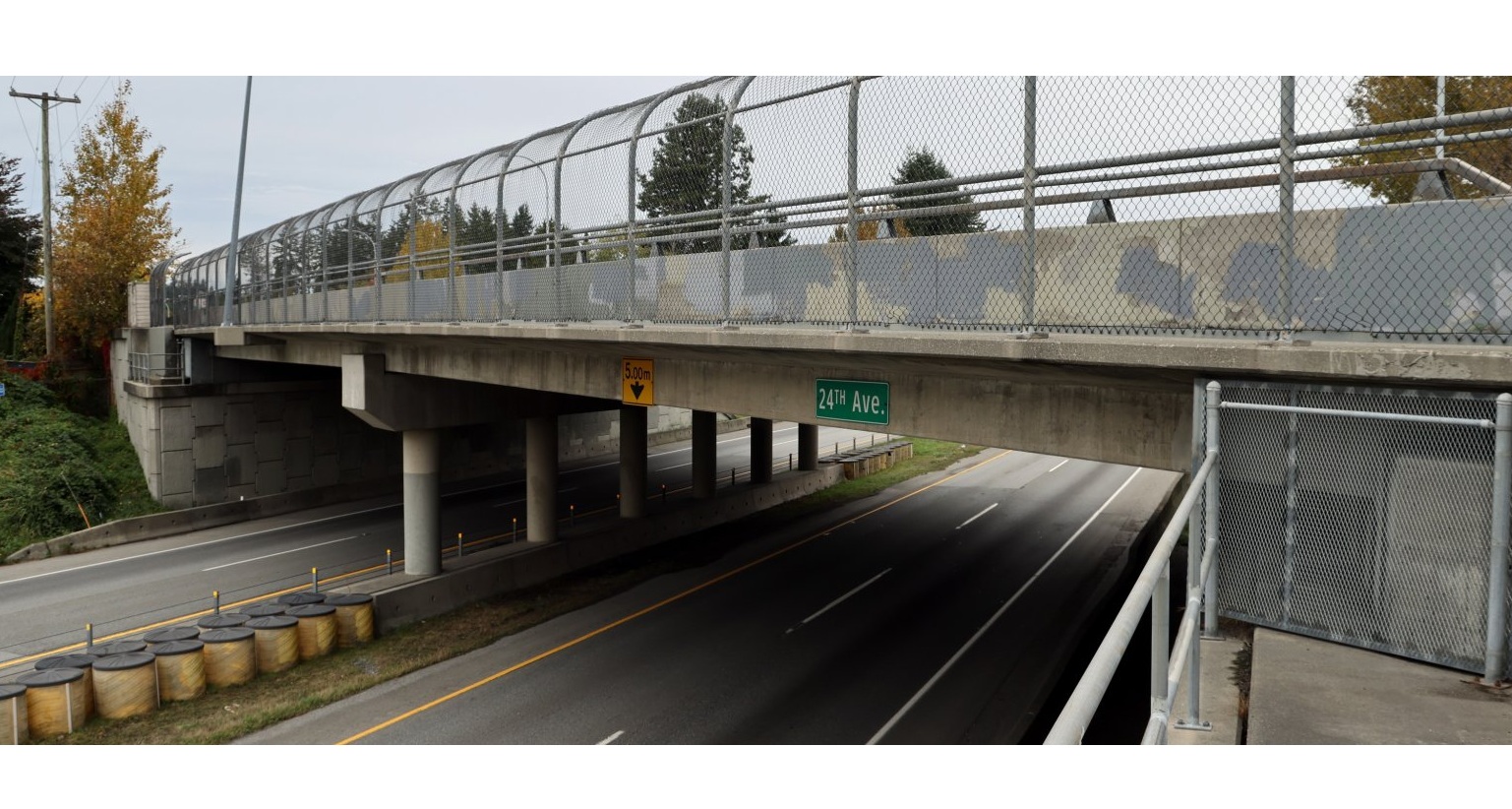SUDU warns B.C.’s housing task force could lead to mass evictions, calling for urgent reforms to protect supportive housing residents.
B.C. Housing Task Force ‘Failing the Vulnerable’
Advocates Challenge New Provincial Initiative
The Surrey Union of Drug Users (SUDU) has accused a new B.C. housing task force of enabling the provincial government to avoid accountability for systemic failures. In an August 11 statement, the group said proposed changes to the Residential Tenancy Act could cause a “mass eviction of violently marginalized people” in supportive housing.
Government Pushes for Stricter Rules
In late June, the province announced it would respond to complaints of violence and drug use in supportive housing by considering the removal of tenancy protections. The plan, officials say, would make it easier for operators to impose rules and evict disruptive tenants. The government formed a temporary task force with police, housing providers, officials, and union representatives to balance safety measures with residents’ rights.
Health Risks Drive Policy Review
The province is also working with the B.C. Centre for Disease Control and WorkSafeBC to address concerns over fentanyl inhalation in supportive housing. Air tests in 14 buildings in Victoria and Vancouver found airborne fentanyl levels exceeding safety limits, prompting calls for enhanced ventilation and protective measures.
Concerns Over Marginalization
SUDU argues the proposed changes would disproportionately harm Indigenous and racialized residents, as well as women and gender-diverse people. Board member Gina Egilson called the task force “abhorrent,” claiming it seeks to dismantle the few rights left for supportive housing tenants. Fellow member Dave Webb warned the province is “regressing as a society,” pointing to cuts in safe supply programs and harm reduction services.
Eight Recommendations for Reform
In place of eviction-focused measures, SUDU proposes eight reforms to improve safety and living conditions:
- Consult residents with lived experience in policy creation.
- Implement service standards and staff training in trauma-informed care and overdose response.
- Provide fair wages, benefits, and union protections for workers.
- Create peer-led roles for on-site safety and support.
- Establish tenant advisory committees for ongoing feedback.
- Expand harm reduction peer-worker programs.
- Provide supervised inhalation spaces, ventilation, and PPE.
- Regulate the drug supply and expand prescribed safe supply programs.
Call for Collaboration
SUDU says the province must stop “scapegoating supportive housing residents” and instead work directly with drug user groups to create evidence-based policies. The organization maintains that genuine collaboration is the only way to protect vulnerable tenants while addressing public safety concerns.



























